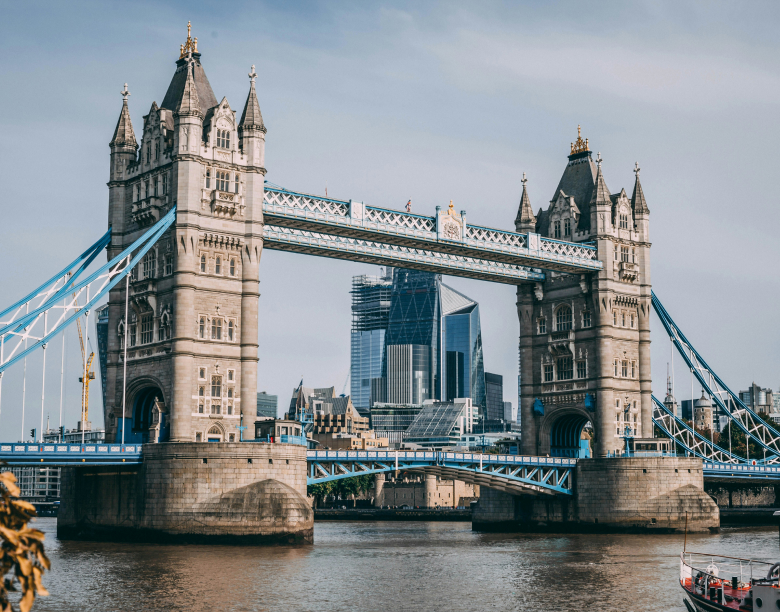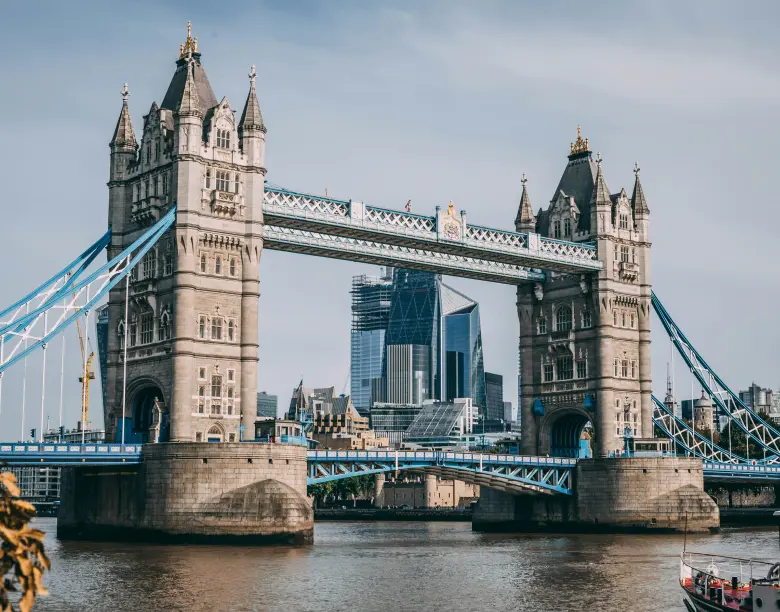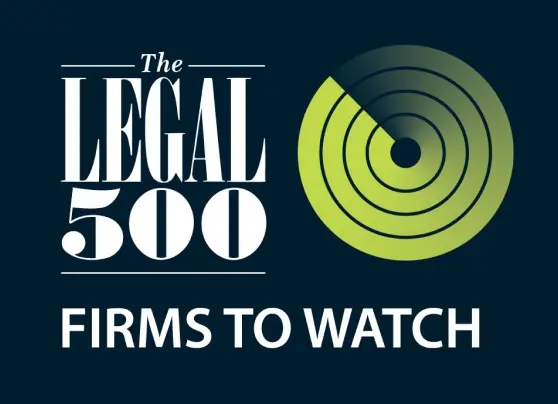As of 5th April 2023, the window for Tier 1 Entrepreneur visa extensions has officially closed. This development marks a crucial transition period for current visa holders. Tier 1 (Entrepreneur) applicants now have until 5th April 2025 to focus on securing their Indefinite Leave to Remain (ILR) under this specific framework.
Introduction
If you hold a Tier 1 Entrepreneur Visa and are considering long-term residency in the UK, applying for Indefinite Leave to Remain (ILR) could be a viable option. ILR grants you more freedom to live and work in the UK and can also serve as a pathway to full citizenship. Understanding the specific eligibility requirements and the application process is crucial.
This guide provides updated, comprehensive insights to assist you in preparing your ILR application.
Switching to Indefinite Leave to Remain (ILR)
ILR serves as a type of immigration status that allows you to live, work, and study in the UK without time limitations. For Tier 1 Entrepreneur visa holders, the upcoming deadline in 2025 offers a two-year window to satisfy the ILR requirements.
Below, we have outlined a list of these requirements along with some essential information to help assess your eligibility.
ILR Requirements for Tier 1 Entrepreneur Visa Holders:

1- Two Full-time Jobs Created
One key requirement is to have created at least two new full-time jobs, lasting for a minimum of 12 months for workers who are settled in the UK. These jobs must meet UK standards like the national minimum wage and working hours regulations. The 12-month work period for each job can be broken up, but it must relate to the same role and job title. If you’ve kept jobs from a previous visa period going for another 12 months during a recent extension, those can count towards this requirement. If those roles have ceased, however, two fresh jobs lasting at least 12 months must be established. Due to the intricate nature of the job creation requirement, it’s often advisable to consult an immigration specialist.
2- At Least £200,000 Worth of Financial Investment
If you hold a Tier 1 Entrepreneur Visa, it’s essential to demonstrate that you’ve invested the necessary funds in your UK enterprise. Specifically, you should have directly invested at least £200,000 in cash into one or multiple UK businesses, or £50,000 if you qualified for the visa under the reduced investment requirement.
3-Genuine Entrepreneurial Activity
As part of the application, you’ll be required to offer comprehensive proof of both the business you’ve established and its ongoing activities. This entails verifying that the business is both “genuine” and currently in operation. Such evidence of active business management can include business contracts, operational documents, and financial records.
4-English Language and Life in the UK
To fulfil ILR requirements, you are required to pass both an English language proficiency test and the Life in the UK test. Your proficiency in English can be demonstrated by holding a degree taught in English, achieving the necessary level on an approved English language test, or being a citizen of a majority English-speaking country.
In terms of demonstrating UK life knowledge, all ILR applicants are required to pass the Life in the UK test, which evaluates your understanding of British history, culture, and traditions. The test includes 24 multiple-choice questions, with a passing score of at least 75%. You can prepare for this test by studying the official handbook for the Life in the UK test.
5- Residence Requirements
You are permitted a maximum of 180 days outside the UK in any 12-month period during your 3 or 5-year qualifying period. For visas issued before January 11, 2018, this 180-day rule applies to each fixed 12-month cycle, whereas for those granted after, a rolling 12-month period is considered. Days spent travelling to and from the UK are excluded from this calculation.
Required Documentations

Personal Documents
- Current passport
- Biometric Residence Permit
- English language proficiency proof
- Life in the UK test certificate
Business Documents
- Companies House registration
- Financial investment records
- Tax returns and HMRC documents
- Financial statements such as balance sheets and profit & loss accounts
Employment Records
- Contracts of employment
- Payroll records
- Tax and National Insurance contributions for employees
Tips for Efficient Document Preparation

Start early: Gathering your documents well in advance is key, especially for those who may take some time to secure.
Document authenticity: Ensure you have either original or certified copies of all documents. Note that photocopies are usually not accepted.
Be organised: Arrange your documents logically, possibly using dividers or tabs to make them easier to navigate during the review process.
Translate documents into English: If documents are not in English, include certified translations. Always pair the translation with the original document.
Double-check everything: Revisit the document checklist before submitting your application to make sure nothing is missing.
Application Process
Start your application process by ensuring you meet all the criteria, including job creation and financial benchmarks. Next, review the Home Office guidelines to fully understand the requirements. You’ll also need to pass the English language and ‘Life in the UK’ tests, so book these and study accordingly. Various practice ‘Life in the UK’ tests are available online to help you prepare.
Ensure you have documents such as ID, financial records, and proof of employment; these must be original or certified copies. Once all your documents are in order, fill out the SET(O) form available online and pay the fee of £2,389 to complete your application (fee subject to change). Upload this form along with all other required documents. After UKVI receives your application, you’ll be invited to schedule a UKVCAS appointment to submit your fingerprints and a photo.
That’s it!
You can expect to receive a decision from the Home Office within 6 months, or even sooner if you’ve used one of their premium services.
Application Process
For those looking to expedite the process, there’s an accelerated route for ILR after just three years if you meet certain conditions:
– Create 10 new full-time jobs
– Achieve a business turnover of at least £5 million
Consulting with business immigration specialists such as Rove Legal can provide you with a comprehensive understanding of the specific conditions you’ll need to satisfy for this faster settlement opportunity.
Explore other personal immigration routes currently available
UK Start-up and Innovator Visas
High Potential Individual (HPI) Visa
Tier 1 Investor Visa Extensions and ILR (Indefinite Leave to Remain)
Tier 1 Entrepreneur Visa Extensions
Common Tier-1 ILR Application Pitfalls and How to Navigate Them
1-Insufficient Evidence of Job Creation
A primary reason for ILR application refusal under the Tier 1 Entrepreneur route is inadequate proof of job creation. This is why keeping clear documentation like employment contracts, payslips, and HM Revenue and Customs (HMRC) records is crucial.
2-Inadequate Proof of Investment
Lack of convincing evidence concerning your business investment can also lead to an application refusal. It’s important to prepare and submit well-organised financial documents such as bank statements and accounts.
3-Failing the Genuine Entrepreneur Test
The Home Office conducts a Genuine Entrepreneur Test to determine the authenticity and viability of your business. This test can take the form of an interview and during the interview it is imperative that you are prepared. Failure to pass this test could jeopardise your ILR application.
4-Incomplete or Inaccurate Applications
A common but avoidable pitfall is the submission of incomplete or inaccurate ILR applications. Such an oversight can lead to outright refusal. Therefore, it’s advisable to double-check all the information and ensure that all required documents are included in the application.
Conclusion
Consulting an immigration expert can be highly beneficial, especially since individual circumstances can significantly affect the specific ILR requirements. Specialising in all aspects of UK immigration, Rove Legal’s solicitors can assess your eligibility for an entrepreneur visa and ILR application, manage Tier 1 Entrepreneur extension applications, communicate with the Home Office for any queries concerning your application, and handle any refusals effectively.
Tier 1Entrepreneur visa to ILR FAQs
1. Does 1Entrepreneur visa count towards ILR?
Yes. Individuals holding valid leave under a Tier 1 Entrepreneur visa and seeking permanent settlement in the UK are eligible for Indefinite Leave to Remain (ILR). This process is commonly referred to as a settlement application.
2. Is Tier 1 Entrepreneur Visa closed?
the Tier 1 Entrepreneur Visa programme was closed to new applicants on 29 March 2019.
3. When should I extend my Tier 1 Entrepreneur Visa?
It’s essential to submit your application for a Tier 1 Entrepreneur visa extension prior to the expiration of your existing visa. You are permitted to remain in the UK while your application is being processed. Additionally, under certain conditions, you might qualify for an expedited settlement process in as little as three years.
4. What is the residence requirement for ILR?
Eligibility to settle in the UK is available after a continuous five-year residency as a Tier 1 Entrepreneur visa holder. Should you satisfy further requirements, there is a possibility to seek an accelerated settlement following a continuous three-year residency.
6. Can I apply for British citizenship after switching to a Skilled Worker visa?
Yes, after holding Indefinite Leave to Remain (ILR) for 12 months, you may apply for British citizenship if you meet the eligibility criteria.












